UFC Knocks Out First Pirate Site Following Debut Blocking Action
vendredi 30 août 2019 à 10:22
There are numerous mixed martial arts organizations around the world but none are prestigious as the Ultimate Fighting Championship (UFC).
The UFC’s broadcasting model is complex, from offering free-to-air events in some countries, relatively cheap subscription access in others, to particularly expensive pay-per-views in the United States, for example.
But whatever the model, UFC events are pirated on a large scale, both during the events themselves via web-based streaming portals and IPTV, to live streaming torrents and those available after the event, so to speak. The UFC would like to bring all of this piracy to a halt, but so would lots of other media companies.
With mixed martial arts’ popularity growing in places like Russia, the UFC has sought to curtail piracy. Last December the organization – which is home to superstars such as Conor McGregor and unbeaten Russian arch-rival Khabib Nurmagomedov – met with the local telecoms watchdog to discuss progress.
Roscomnadzor deputy Vadim Subbotin held a meeting with UFC Russia vice president Andrei Gromkovsky. The telecoms watchdog reportedly advised the UFC on procedures available to tackle sites that distribute UFC content without permission, including contacting those sites with requests to remove content.
“If the owner does not take measures to delete this information, [the UFC] has the right to contact the Moscow City Court and demand protection of its copyright, namely, to ensure that the Internet resource is blocked for the duration of the determination of the Moscow City Court,” Roscomnadzor reported.
According to official sources, the meeting went well, with agreements reached between the parties on how to move forward against errant sites, within existing legislation. That now appears to have claimed its first scalp, with the UFC successfully obtaining a blocking injunction – thought to be its first anywhere in the world – to have an infringing site blocked at the ISP level.
According to a report from Roscomnadzor, UFC Russia has been successful in obtaining a preliminary blocking order from the Moscow City Court. It compels local Internet service providers to block access to Ripple.is, a site focused on mixed martial arts that reportedly streamed live UFC events without appropriate licensing.
The site appears to carry MMA news stories culled from other sites. However, on closer inspection, it also offers a ‘VIP’ section which directs users to an IPTV service which enables visitors to watch all kinds of sporting events – UFC bouts included – for a relatively small payment.
Whether this was the basis of the complaint remains unclear but at least for now, UFC fans in Russia won’t be able to directly access the Ripple.is domain without using circumvention techniques such as VPNs or Tor.
Should Ripple.is continue infringing the UFC’s rights, the company will be able to return to the Moscow City Court to obtain a permanent injunction, one that will place the domain on Russia’s national blacklist.
The blocking injunction arrives at a peculiar time for UFC fans in Russia.
For many local citizens, the fighter they most want to see in action is Khabib Nurmagomedov, the man who submitted Conor McGregor at UFC 229 to retain his lightweight belt. However, few if any will have to turn to pirate sources to watch Nurmagomedov defend his title at UFC 242 against interim lightweight champ Dustin Poirier on September 7, 2019.
While US UFC fans will be paying around $80 to watch the PPV event, the entire thing will be broadcast on Russia’s main state TV channel for free, making site-blocking completely irrelevant.
Source: TF, for the latest info on copyright, file-sharing, torrent sites and more. We also have VPN reviews, discounts, offers and coupons.

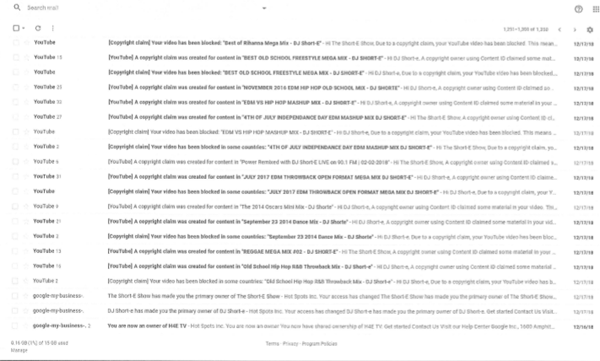
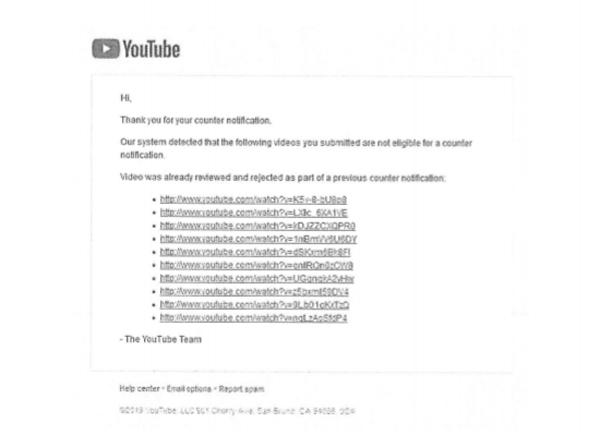

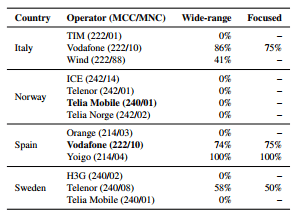
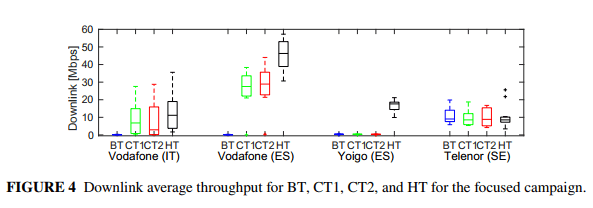
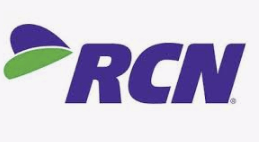

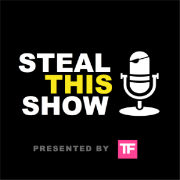 Here are part one and two of our chat with
Here are part one and two of our chat with